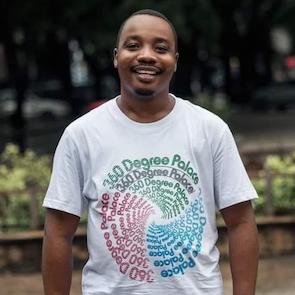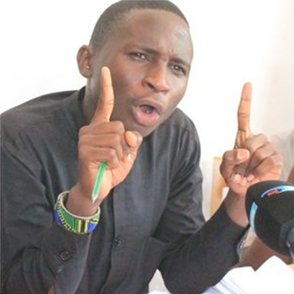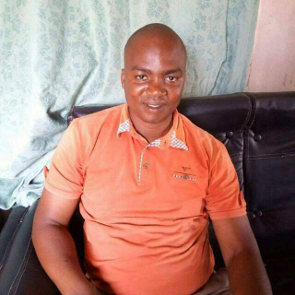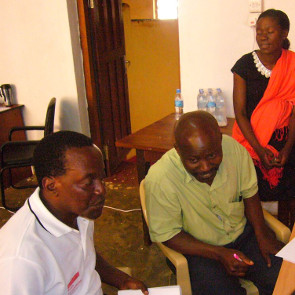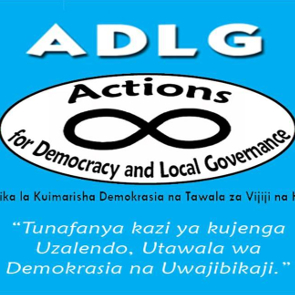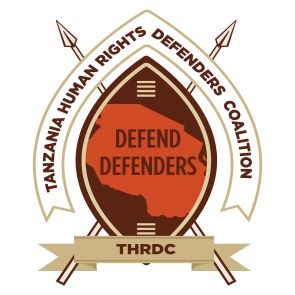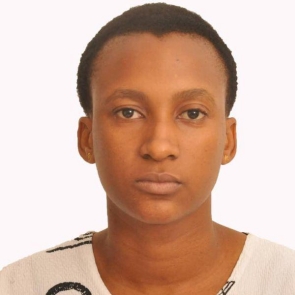#Tanzania
#Tanzania
Human rights defenders in Tanzania work in a complex environment and since President John Magafuli won the presidential election in 2015, HRDs and journalists have increasingly been singled out by the authorities for highlighting human rights abuses. HRDs have been targeted with arrests, detentions, abductions and killings. Since mid-2016, the government has notably increased its repression of LGBTI rights defenders. Such defenders are therefore forced to keep a low profile and generally operate underground. Homophobia is widespread in Tanzania and same-sex relations are criminalised with a penalty of 30 years in prison if found guilty.
The Tanzanian government has introduced restrictive legislation which has contributed to the increasingly hostile environment for human rights defenders. The Cyber Crime Act 2015 introduced new powers of search and seizure for police without requiring a court order and under the Statistics Act 2015, publishing statistics not agreed by the National Bureau for Statistics can result in criminal penalties. In November 2016, the Media Services Act was passed which includes obligations for private media organisations “to broadcast or publish news or issues of national importance as the Government may direct.” It also places an obligation on media organisations to not undermine national security or “hinder or cause substantial harm to the Government to manage the economy.” In March 2018, a new bill seeking to regulate social media and blogging was signed into law. Under the Electronic and Postal Communications (online content) Regulations Act, bloggers are henceforth required to register and pay an annual license fee of over $ 900 to publish online. Under the same law, license fees are also charged to Tanzanians operating online radio stations and TV websites.
HRDs working in peripheral areas far away from Dar Es Salaam, the capital city, face particular challenges ranging from constant police harassment, poor access to donor funding and low capacity to articulate a coherent advocacy strategy. Women human rights defenders operating in these areas often face backlash from society for documenting and advocating on issues such as domestic violence or early marriage.

